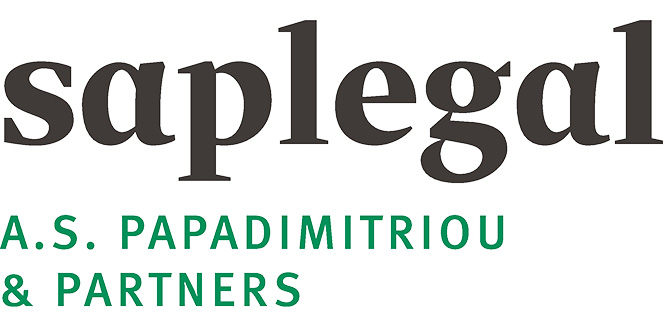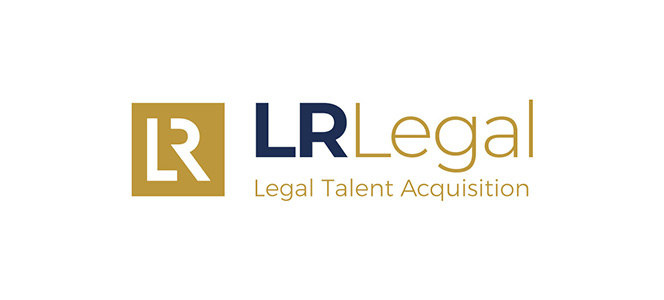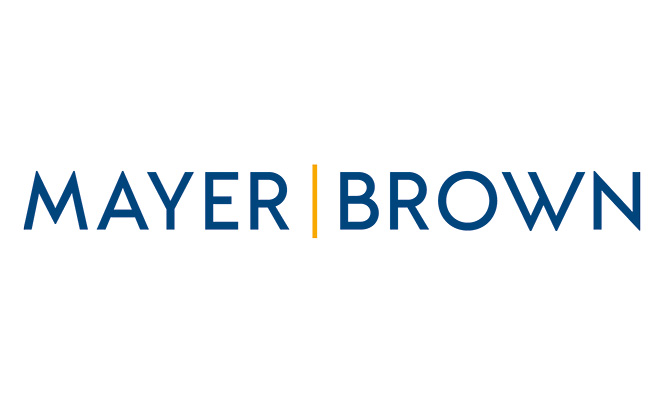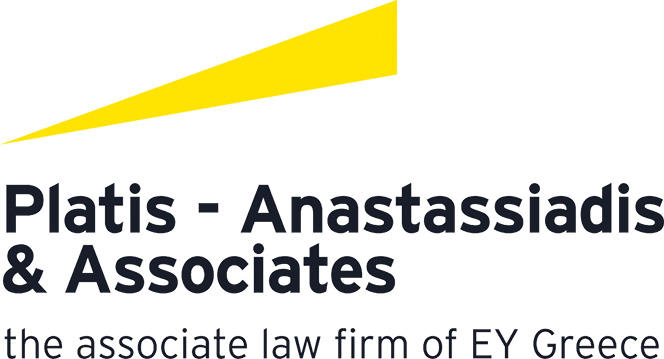
Sponsored briefing: The importance of the Greek jurisdiction and Greek law in international shipping disputes
Alexander C Dovles, partner at Saplegal – A.S. Papadimitriou & Partners Law Firm, outlines why knowledge of the Greek jurisdiction…

Alexander C Dovles, partner at Saplegal – A.S. Papadimitriou & Partners Law Firm, outlines why knowledge of the Greek jurisdiction…

Lawyers from Suciu Popa (SPA) provide an overview of the energy M&A market in Romania Market overview Romania’s energy sectors…

ChatGPT, an AI program, has experienced unprecedented growth, amassing over 100 million monthly active users. This raises concerns regarding potential…

Justin Bharucha and Vandana Pai examine how due diligence can be used to identify and address risks of non-compliance with…

The last two years have been a steep learning curve for the jobs market, and never more so than in…

Avraham Well and Ronald Lehmann of FISCHER (FBC & Co) on how the Israeli M&A market functions

ASW Law’s Neil Horner, Kim Willey and Hanno Tolhurst give their insights into Bermuda as an international business hub

Loyens & Loeff’s Siobhan McCarthy, Anne-Marie Nicolas and Vassiliyan Zanev on the collateralised loan obligation market in Luxembourg

Dominic Griffiths, Mayer Brown’s London managing partner, discusses bolstering the corporate practice and getting the cultural fit right You have…

Machado Meyer’s Guilherme Bueno Malouf and Paulo Henrique Carvalho Pinto on the key points to consider when engaging with the…

Wu Dong of Hui Ye Law Firm discusses the key points necessary for understanding the foreign acquisition of Chinese state-owned…

What have been the main trends in legal tech recruitment over the last year? We have seen legal tech employers…

Interview with Haruka Murata Miura & Partners’ Haruka Murata on widening the firm’s offering to European clients

Theodore Pistiolis, managing partner of Andersen Legal in Greece, examines the benefits of doing business in the Greek market A…

Dimitris Zepos, managing partner of Zepos & Yannopoulos, on what the future holds for the legal market in Greece The…

Dentons’ James Vernon reflects on how difficult economic conditions are impacting the M&A market Geopolitical and economic volatility continues to…

Early 2023 held a sweet spot for cross-border M&A activity in Greece, unmuting all those opportunities that had joined a…

After overcoming a decade-long financial recession, Greece is currently going through a period of political stability and economic growth. During…

1. A BURGEONING INDUSTRY Green bond issuance is expected to balloon over the next few years. On a global scale,…

Liana Iacob and Florentina Frumușanu explore how companies can comply with the new Romanian whistleblowing obligations The new Romanian Whistleblower…